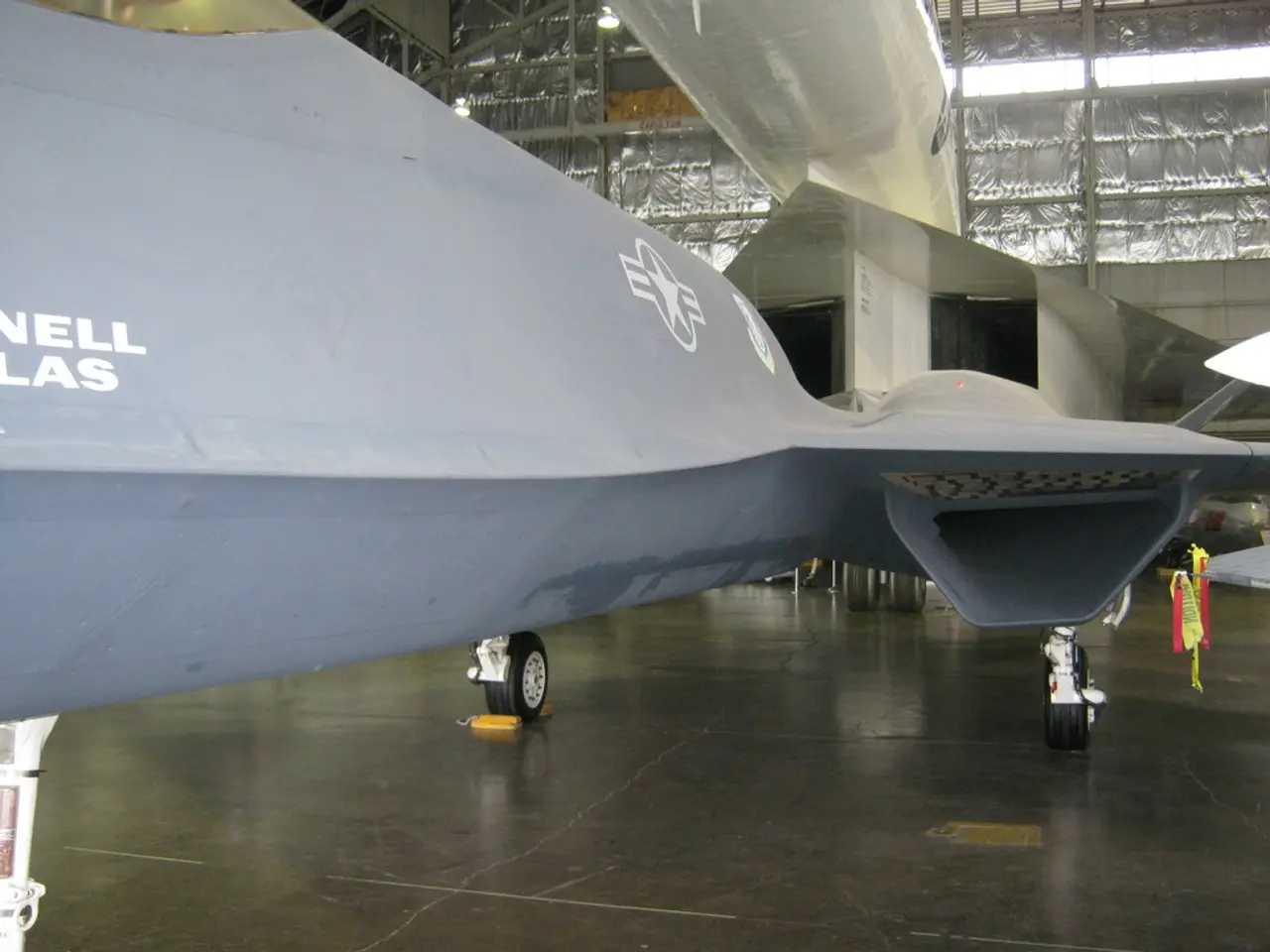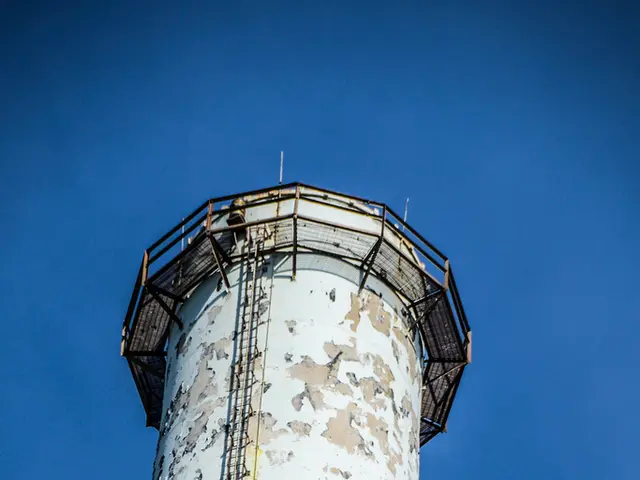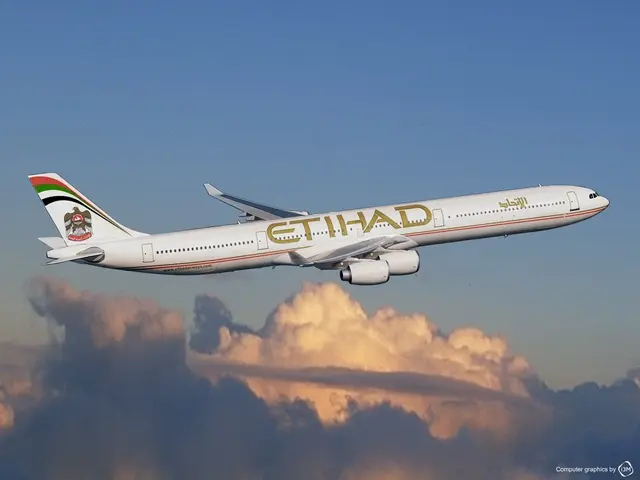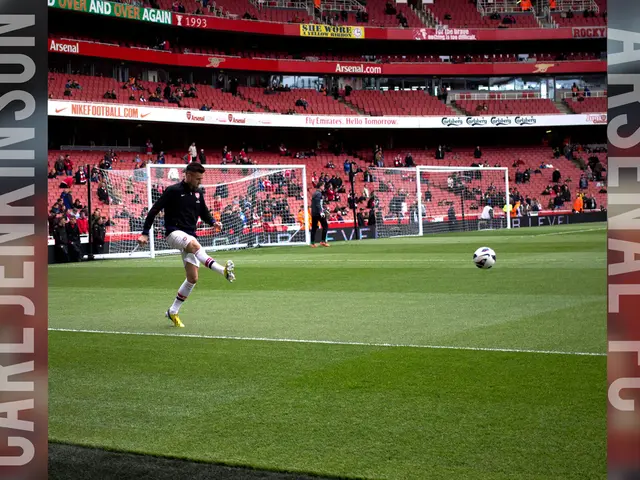Victims' Families Sue Boeing and Honeywell for Air India 171 Tragedy
In a shocking turn of events, a class action lawsuit has been launched against Boeing and Honeywell by the families of four passengers who tragically lost their lives in the Air India Flight 171 crash that occurred on June 12, 2025. The aircraft, a Boeing 787-8 Dreamliner, departed Ahmedabad International Airport in India, en route to London-Gatwick Airport, but the journey ended in tragedy just moments after takeoff.
The lawsuit alleges negligence and a faulty fuel cutoff switch as the cause of the accident, which resulted in the deaths of 260 people and left one sole survivor. The complaint filed in Delaware Superior Court claims that the locking mechanism for the fuel cutoff switch on the Boeing 787-8 Dreamliner can be turned off inadvertently or may be missing, causing a reduction in fuel supply to the relevant engine.
Investigators have focused their attention on the fuel cut-off switches, trying to understand why they were both moved to the cut-off position. The aircraft's fuel switches have become a focus for investigators after a preliminary inquiry found that fuel to both engines was cut off just moments after the plane left the ground.
The crash investigation is being conducted by Indian, UK, and American investigators, who have not yet conclusively determined the exact cause of the crash. However, the US Federal Aviation Administration (FAA) issued a 2018 advisory recommending operators inspect the locking mechanisms on fuel control switches of certain Boeing aircraft, including the 787-8 Dreamliner, to prevent inadvertent fuel cutoff. This advisory was not a mandatory airworthiness directive but a Special Airworthiness Information Bulletin urging inspections and reporting if issues were found.
Both Boeing and Honeywell, the switch manufacturer, were aware of the risk but did not make inspections mandatory or provide sufficient warnings or replacement parts. After the 2018 advisory, no mandatory inspections were enforced by Boeing or the FAA, and Air India reportedly did not perform the recommended checks before the AI-171 crash.
Despite warnings from the FAA, no follow-up or remedial action was taken by the defending parties. Instead, both companies have pointed to India's Aircraft Accident Investigation Bureau's (AAIB) preliminary investigation report into the crash. The full report into the crash, along with findings and recommendations, is due to be published in 2026.
The lawsuit against Boeing and Honeywell is the first launched in the United States over the Air India Flight 171 crash. The families are represented by a Texas-based law firm, and the claim seeks unspecified damages for the deaths of Kantaben Dhirubhai Paghadal, Naavya Chirag Paghadal, Kuberbhai Patel, and Babiben Patel.
The US has been chosen as the forum for the lawsuit, given that both defendants are US-based. Both Boeing and Honeywell, based in Arlington, Virginia, and Charlotte, North Carolina, respectively, have declined to comment on the legal claim. The case promises to be a significant test of corporate responsibility and accountability in the aviation industry.
Read also:
- United States tariffs pose a threat to India, necessitating the recruitment of adept negotiators or strategists, similar to those who had influenced Trump's decisions.
- Weekly happenings in the German Federal Parliament (Bundestag)
- Southwest region's most popular posts, accompanied by an inquiry:
- Discussion between Putin and Trump in Alaska could potentially overshadow Ukraine's concerns








